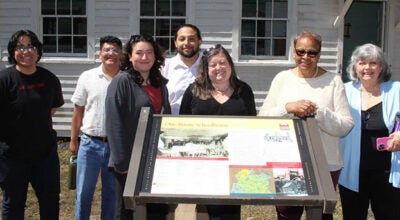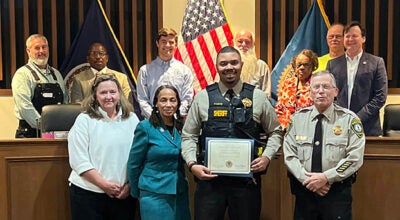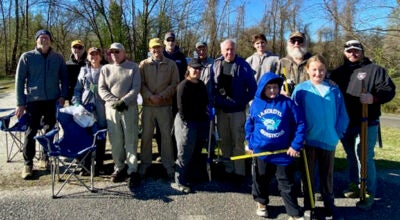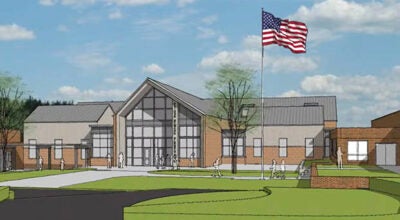PUD process will take months
Published 8:00 am Saturday, January 28, 2023
|
Getting your Trinity Audio player ready...
|
Don’t expect any quick decisions on planned unit development. That was the statement given by Town of Farmville staff during the Wednesday, Jan. 18 planning board session. Instead, staff members said, this is something residents will have several months to weigh in on, before it comes to a town council vote.
“We’re working on a process here,” said Planning Board member John D. Miller. “The PUD process is another tool in our toolbox for smart growth, for appropriate growth to try to accomplish some of the goals we’ve set out, that citizens of the town wanted.”
WHAT IS PLANNED UNIT DEVELOPMENT?
Now before any discussion happens, we first have to understand what the concept is. And for that, we need to backtrack a minute. Speaking to the Farmville Town Council during their Wednesday, Jan. 11 meeting, staff members said they have talked with developers who wanted to build a project in town, but were unable to because of current development rules.
Farmville Director of Community Development Lee Pambid said his office has talked with five developers “where we’ve received certain requests for information on certain concepts not currently enabled in the zoning ordinance.”
A planned unit development, both Pambid and Farmville Town Manager Dr. Scott Davis said, gives developers a bit more leeway.
“A developer can come in and propose a concept that doesn’t necessarily comply with the bulk regulations,” Pambid said. “They present this master plan to the
planning commission and the town council. That’s something you would get to review and that sets the table for the public hearings that would need to be held for site plans (or) subdivisions.”
Right now, Pambid said, the current ordinance almost demands a suburban style of development. That translates into large lots with larger single family homes. But when you’re trying to recruit new teachers, new college graduates and other younger residents, they often can’t afford a property like that. And at the same time, they don’t always want to live in apartments. They want other alternatives.
Planned unit development can be a community of single family homes, townhomes or condos, as well as a mix of commercial real estate like retail stores, restaurants and other shops. The idea is that’s one way to recruit restaurants, grocery stores or other items, by including them in a planned development.
“A planned unit development can give you the opportunity to create more rooftops and commercial development, potentially all in the same development,” Davis said. “Or it could just be a mix of housing. This type of development allows us to have another type of tool in the toolbox to say yes and to attempt to attract development in Farmville. It creates revenue. It creates real estate tax revenue, it creates meals tax revenue. If the goal is for us to enhance our community and have another tool to do that, that’s what this is.”
WHERE DO WE GO FROM HERE?
And while it was introduced to the town council on Jan. 11, that was just the beginning of the process. It went back to the planning board on Wednesday, Jan. 18, to start the actual process of deciding if Farmville wants to use this tool or not.
“This isn’t a response to a single project,” said Miller. “We’re thinking about a long-term kind of vision, a long-term process. One that is fair to developers in terms of being consistent and clear, but also a process that is meaningful and adds value to the community and our citizens as well in terms of ensuring that we have quality growth, quality building but also multiple opportunities for the public to give their input.”
Now, it’s time for the public discussion to continue. Town staff are working to secure the Moton Museum, to use in February for a conversation with local residents. No date has been set for that event, but it will be a time when people can ask questions, explain why they support or oppose the idea.
The discussion will also continue on the planning board level in February, under newly named planning board chairman Cameron Patterson. Staff will present the public input they’ve already received, answer questions from the board and consider options. The concept as it currently stands may not be the one that arrives for a council vote, if it makes it that far. Based on current schedules, officials said it’s not likely for a vote to take place on this until at least March at the planning board, if not later. Then, if something is approved, it would go the next month to the town council.





